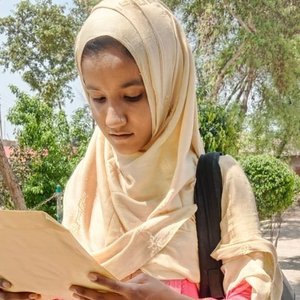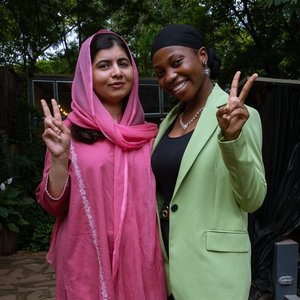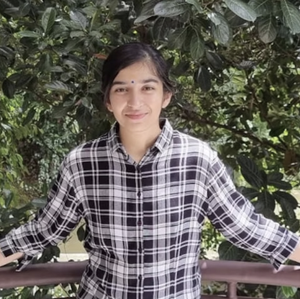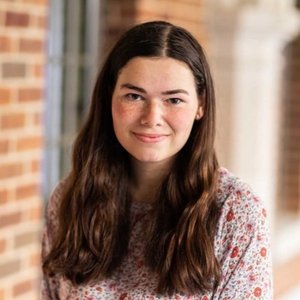As climate change destroys her family’s coffee crop in Nicaragua, a 12-year-old turns on her camera
(Courtesy of BYkids)
In Edelsin Linette Mendez’s rural Nicaraguan community, coffee is king. For generations, the rich volcanic soil provided farmers with flavourful coffee beans — and a steady income.
Much of 12-year-old Edelsin’s world is centred around the crop. She learned to pick coffee cherries (the berries that hold coffee beans) soon after she learned to walk and talk. Every year her school closes during the harvest so students can help their families with the labour intensive process of gathering, sorting and washing the coffee cherries.
But climate change is disrupting life as Edelsin knows it. High temperatures and poor rainfalls are robbing the land of its fertility, devastating coffee plants and plunging families like Edelsin’s into poverty. A new fungus called la roya (the rust) is growing in these conditions and destroying the crop. La roya infects plants’ leaves, preventing them from reaching maturity and yielding coffee cherries.
Edelsin couldn’t just sit back and witness the destruction of her family’s coffee farm and income, so she decided to take action. With the help of BYkids — an organisation that helps teenagers tell their stories through film — Edelsin created a documentary, “My Beautiful Nicaragua,” to raise awareness about the crippling effects of climate change in her home country.
Through interviews with family members and friends, Edelsin highlights the impact of la roya on her mountainside community. “Before, I used to grow 11 acres of coffee trees and produced 300 coffee tin containers,” her father shares. “Last year I only got 30 coffee tin containers overall.” This creates a serious problem for his family and their livelihood: “That’s what we lived off of, that’s what our children were raised on.”
As her family battles to keep their farm, Edelsin considers the effect of la roya on her future. Like her older siblings, Edelsin doubts that she will be able to go to university. She would like to become a teacher or a reporter, but acknowledges “my parents are very poor and don’t have the economic resources to give me the education I would like.”
In the meantime, Edelsin is setting her sights on creating an impact through her documentary: “I hope that people will learn about my country and how climate change is affecting our harvest and crops. After watching my film, I want people to have a conversation about climate change and learn that if we do not take care of our environment we will not have a better future for the next generation.”
Thank you to our friends at BYkids for facilitating our conversation with Edelsin.
 Read more
Read more












